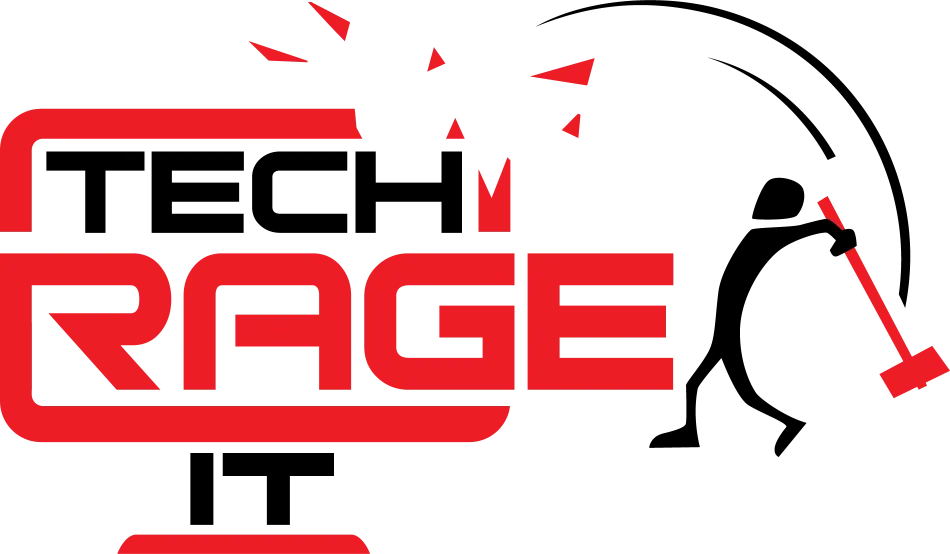July 17, 2025
Key Takeaways
- Small businesses in Orlando are just as likely—if not more—to be targeted by cybercriminals than large enterprises.
- Ransomware and phishing attacks are designed to exploit gaps in small team defenses.
- Cyber insurance is only effective if you meet basic security benchmarks, like MFA, backup, and endpoint protection.
- Your MSP should carry strong cyber insurance and help you prepare your business to qualify for coverage.
- Don't wait until after a breach. Put the right security and insurance in place now.
Cyber Insurance: The Small Business Safety Net You Didn't Know You Needed
Cyberattacks aren't just a big business problem anymore. In fact, small and midsized businesses are now prime targets because attackers know their defenses are weaker, their staff less trained, and their recovery plans often non-existent. If you're a small business owner still operating under the assumption that cybersecurity insurance is something only the big guys need, it's time for a reality check.
We're seeing more phishing, ransomware, and business email compromise (BEC) attacks hit smaller teams across Orlando. The risks are real. And cyber insurance? It's not optional anymore. Not for you. Not for your MSP. If your IT support team isn't carrying a serious cyber liability policy, you're the one left holding the bag when things go sideways.
Let's break down what you need to know.
Why Cybercriminals Love Targeting Small Businesses
1. Lower Security Standards
Most small businesses don't have a dedicated security team. They rely on outdated antivirus software and hope for the best. That leaves wide gaps for cybercriminals to exploit.
2. Valuable Data, Easier Access
You might think you don't have anything worth stealing. But if you store customer records, credit card data, or business financials, you're a goldmine.
3. High Chance of Payout
Small businesses often can't afford prolonged downtime. Cybercriminals know this and bet on you paying the ransom just to get back to work. They're right more often than not.
Cybersecurity for Small Businesses: What Protection Really Looks Like
A one-size-fits-all firewall or a dusty backup drive isn't going to cut it. Today's threats require layered, intelligent defenses.
Here's what a modern cybersecurity stack includes:
- Next-Gen Endpoint Protection: Go beyond antivirus. You need tools that detect behavior anomalies and stop ransomware before it spreads.
- Multi-Factor Authentication (MFA): Still the easiest way to keep most intruders out. Bonus: Insurers now require it.
- Continuous Monitoring: Automated systems and expert eyes watching your network 24/7.
- Security Awareness Training: Your staff are your first line of defense. Regular phishing simulations and training can reduce risky behavior.
- Zero Trust Architecture: Don't automatically trust anything. Verify everything. Especially on remote devices.
This isn't just tech jargon. These are the basic expectations your insurance underwriter has when they evaluate your policy. Fail to meet them, and you might not get covered.
Cyber Insurance Isn't Just a Paper Policy. It's a Business Lifeline.
Let's say your office manager clicks on a phishing link and exposes your client data. Or your accounting system gets locked up with ransomware the day before payroll. What happens next?
If you have the right cyber insurance in place:
- Your incident response is funded
- Legal and compliance fees are covered
- You get help with breach notifications and PR
- Your downtime is reimbursed
Without it? You're covering everything out of pocket—possibly tens or hundreds of thousands of dollars.
Your MSP Better Be Insured Too
This is where things get uncomfortable.
If your managed IT provider isn't carrying a strong cyber liability policy, you're exposed twice: once to the attack itself and again when the support you're paying for can't clean up the mess.
At Tech Rage IT, we were early adopters of cyber insurance. Why? Because we believe if we're handling your security, we need to be accountable for what happens.
Every MSP you talk to should be able to tell you:
- What cyber insurance they carry
- What's covered and what's excluded
- How they help you qualify for your own policy
If they dodge the question? That's your answer.
Don't Wait Until After the Breach
It's easy to put this off. But cyber insurance isn't retroactive. You can't get hit and then decide to apply. Policies take time to underwrite, especially if you don't have the right tech stack in place.
Getting ahead of the threat means:
- Working with a proactive MSP who's already covered
- Implementing the right IT security services now
- Getting your business insurable before it's uninsurable
Tech Rage IT helps Orlando businesses put advanced cybersecurity solutions in place so they meet underwriting requirements and qualify for real coverage. Not a bare-bones plan with holes you could drive a truck through.
What to Ask When Shopping for Cyber Insurance
If you're starting to explore policies, bring this mini-checklist:
Cyber Insurance Evaluation Checklist
- What incidents are covered? (ransomware, phishing, insider threats, etc.)
- What is the maximum payout for each category?
- Does the policy cover third-party vendors or just your own systems?
- What IT security services are required to qualify?
- Are breach response and legal services included?
Pro tip: If the insurer can't answer these questions clearly, keep looking.
Looking for managed IT support in Orlando that helps you stay secure and insurable?
Contact Tech Rage IT for layered cybersecurity services, help with cyber insurance readiness, and fully managed IT services that won't leave you hanging when it counts.
Click Here or give us a call at 407-278-5664 to {{ primary-cta }}


